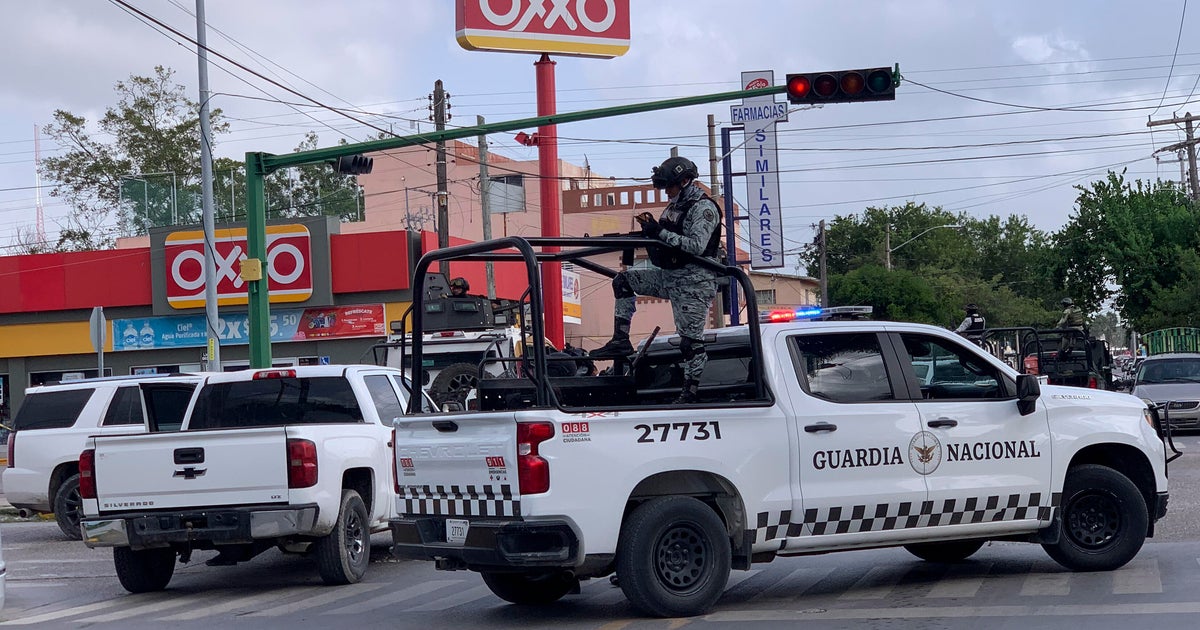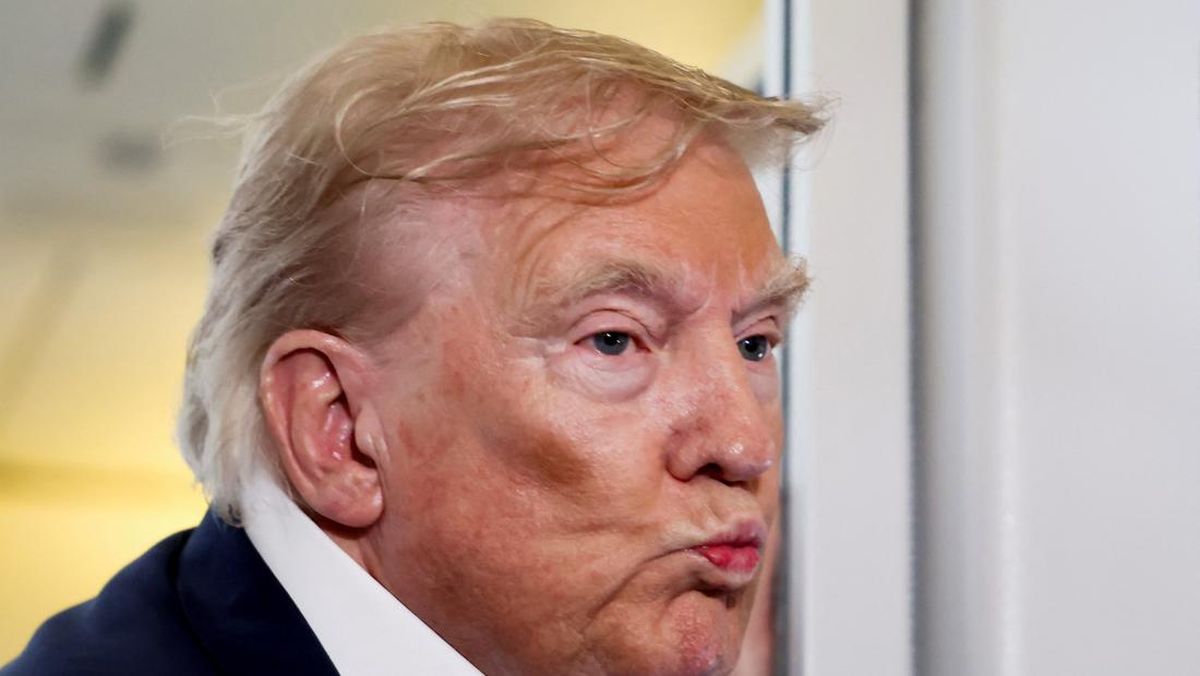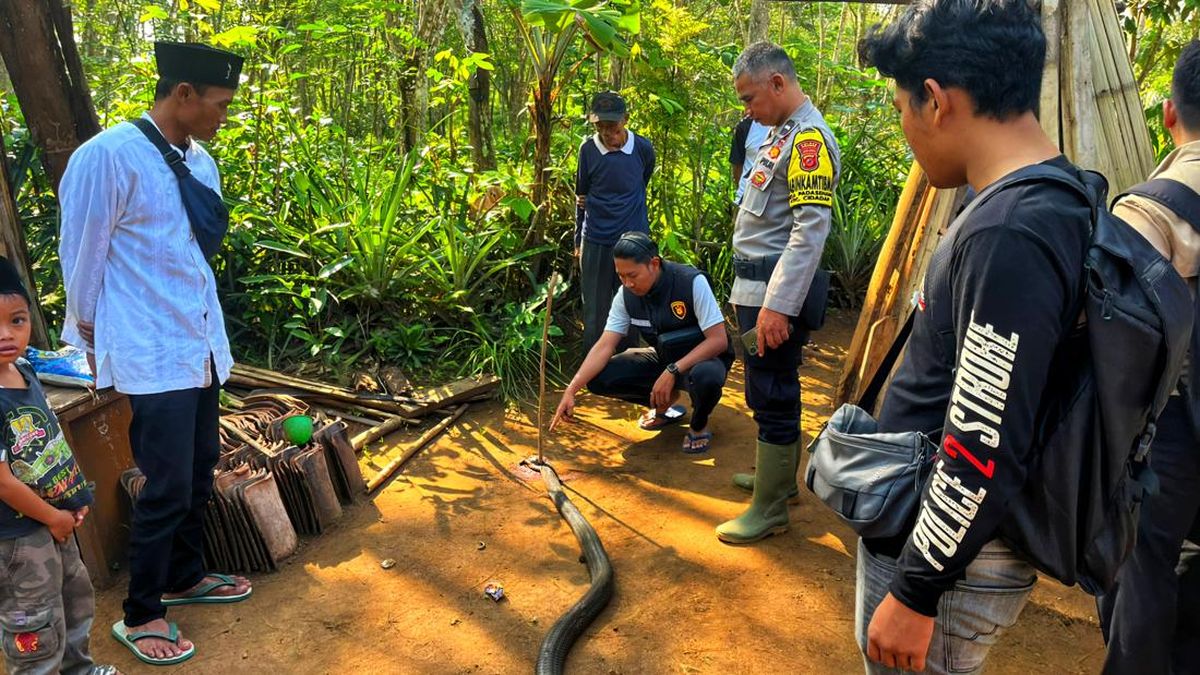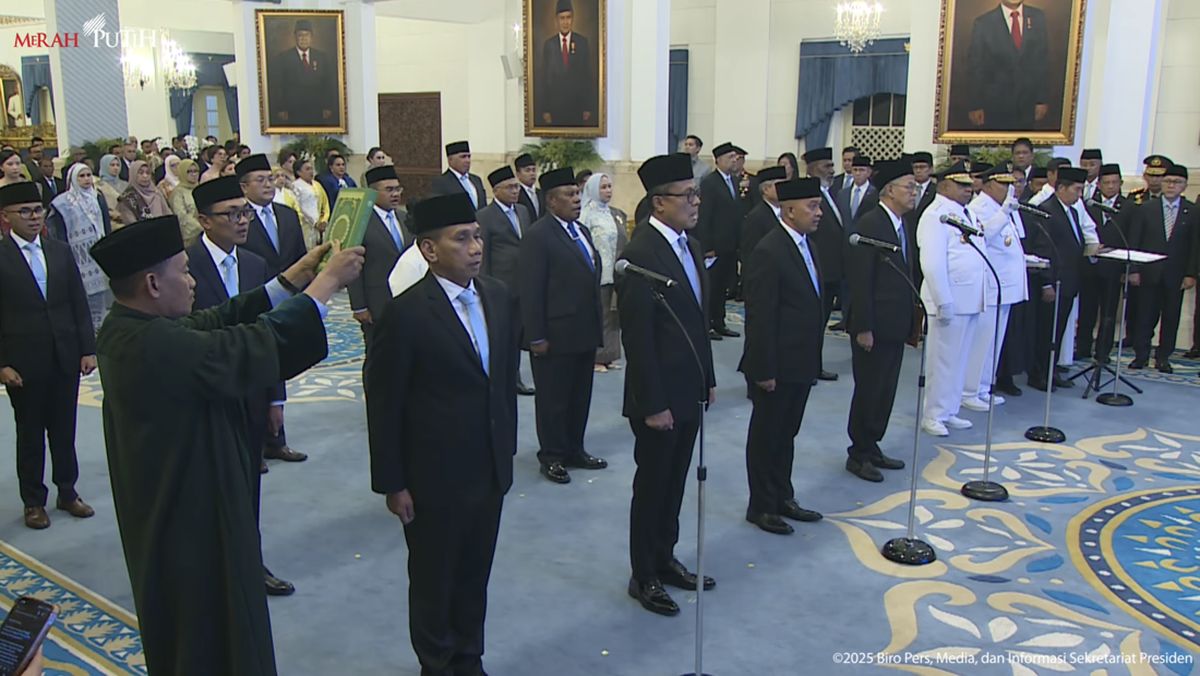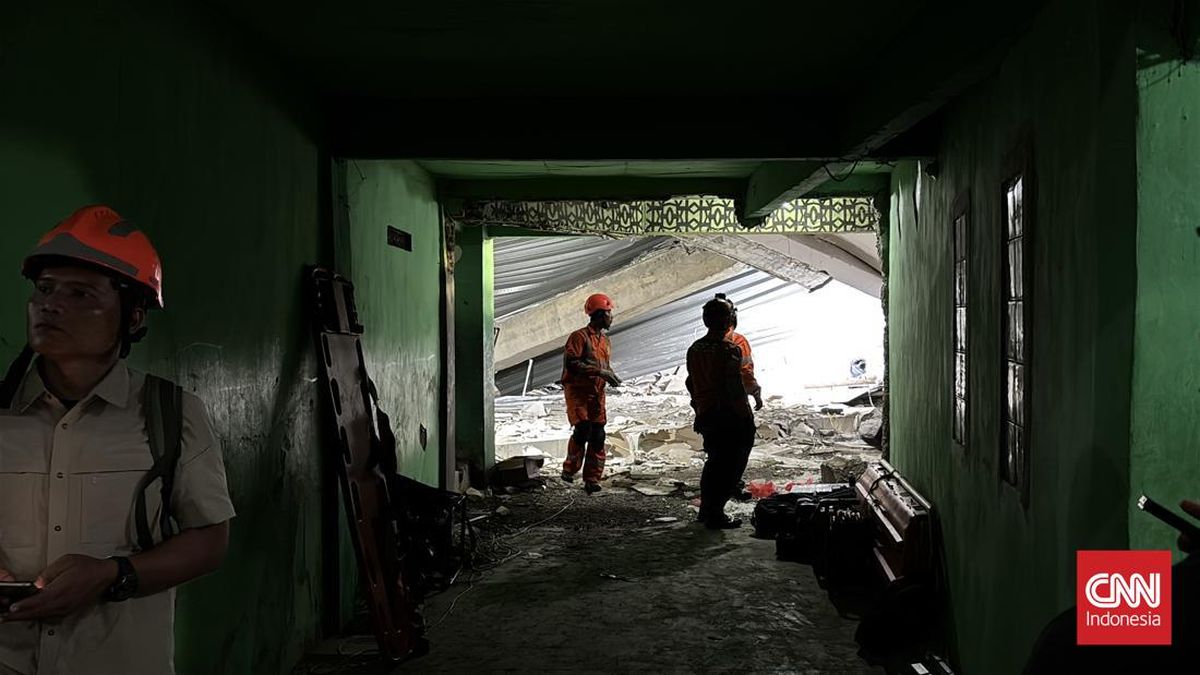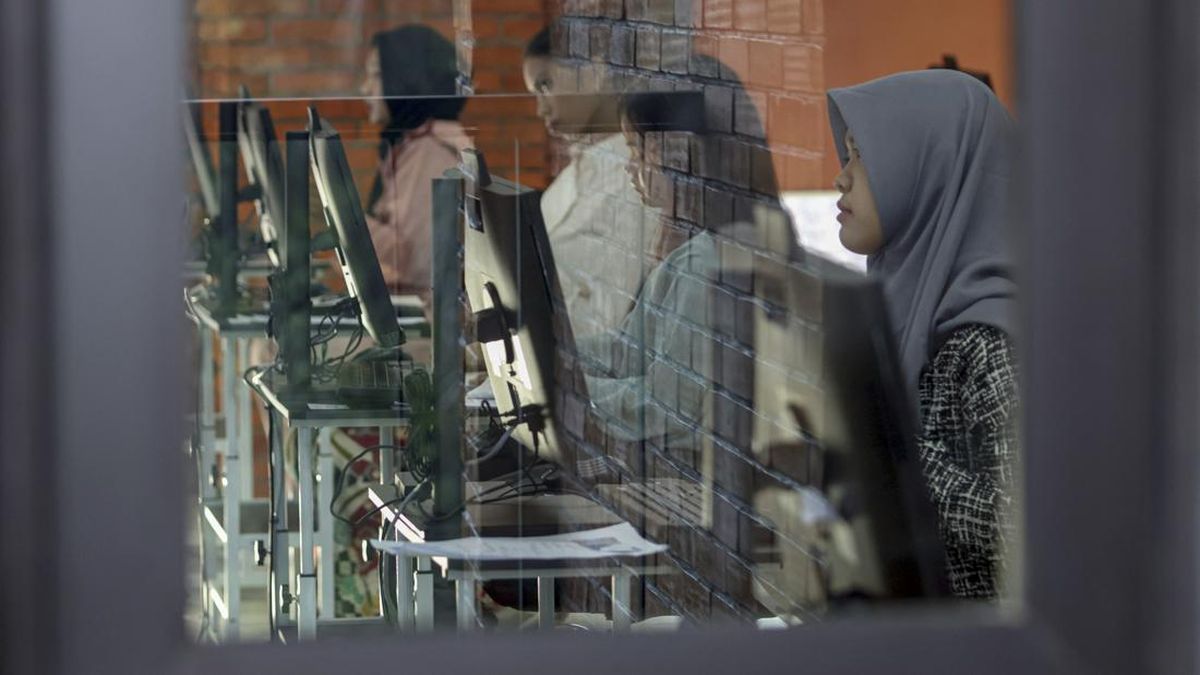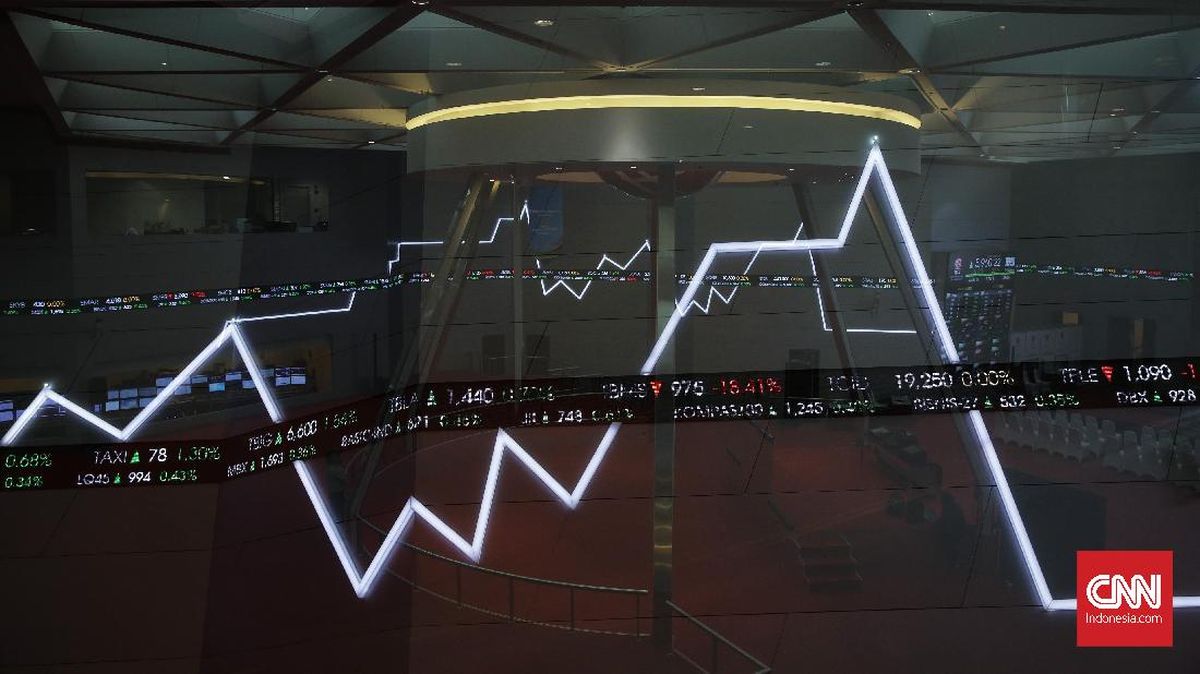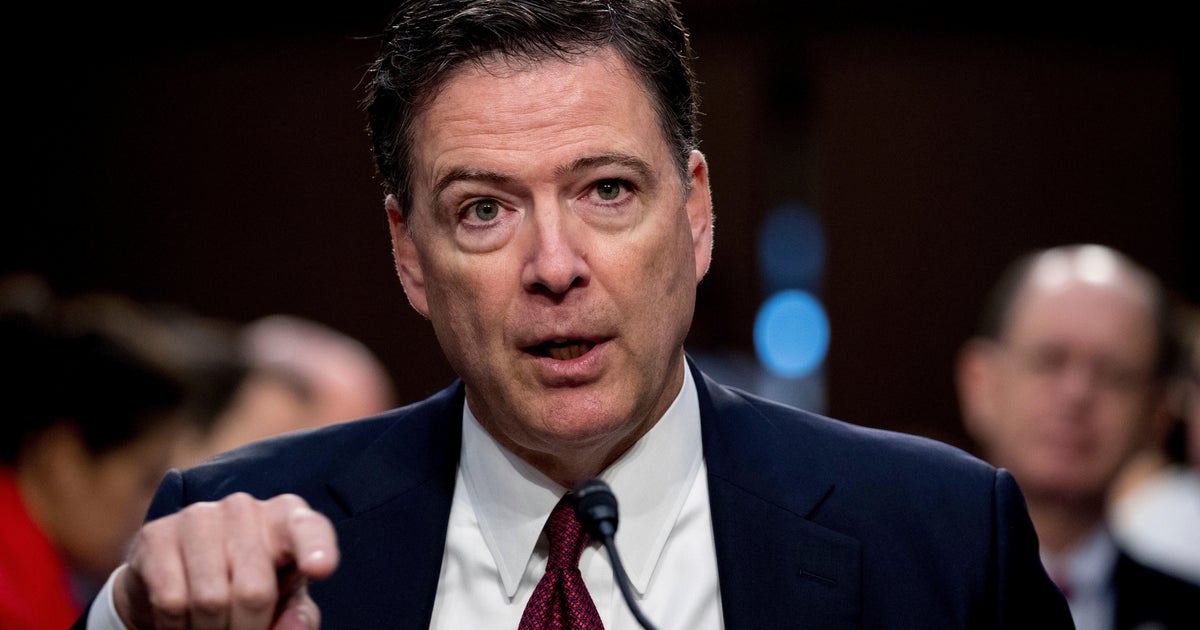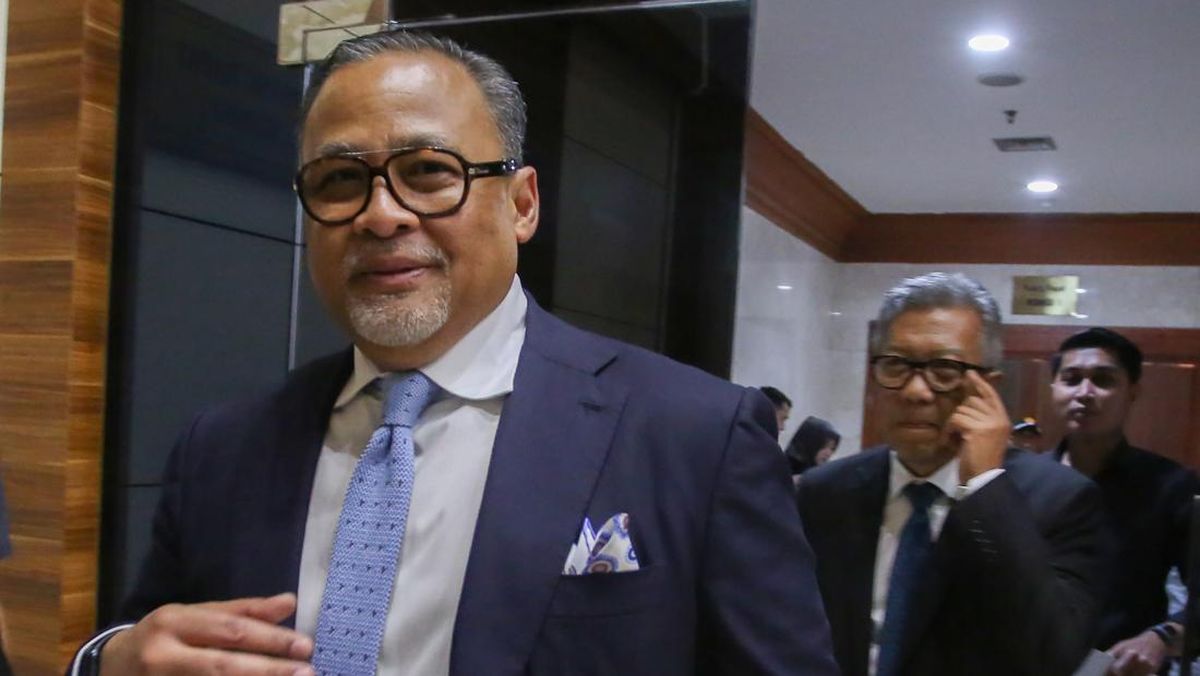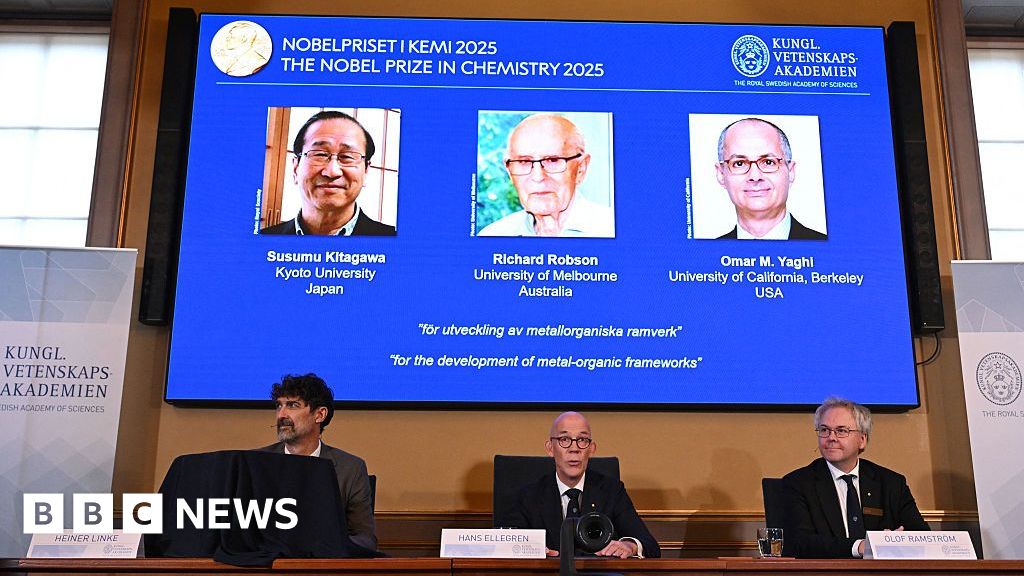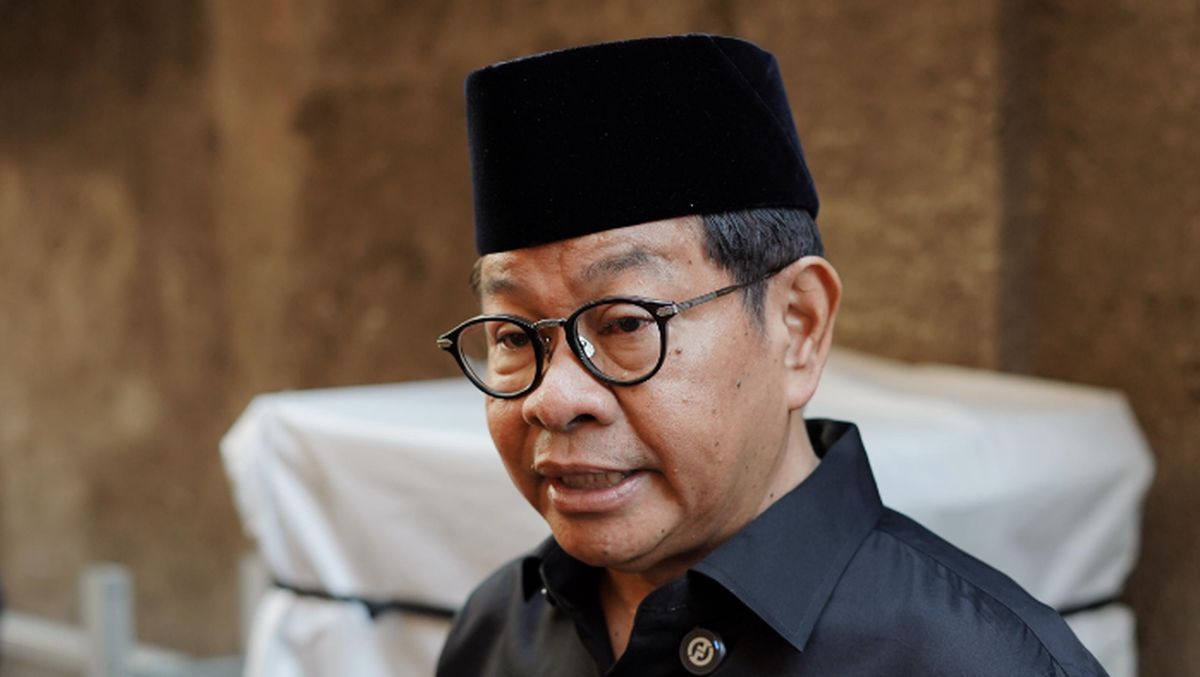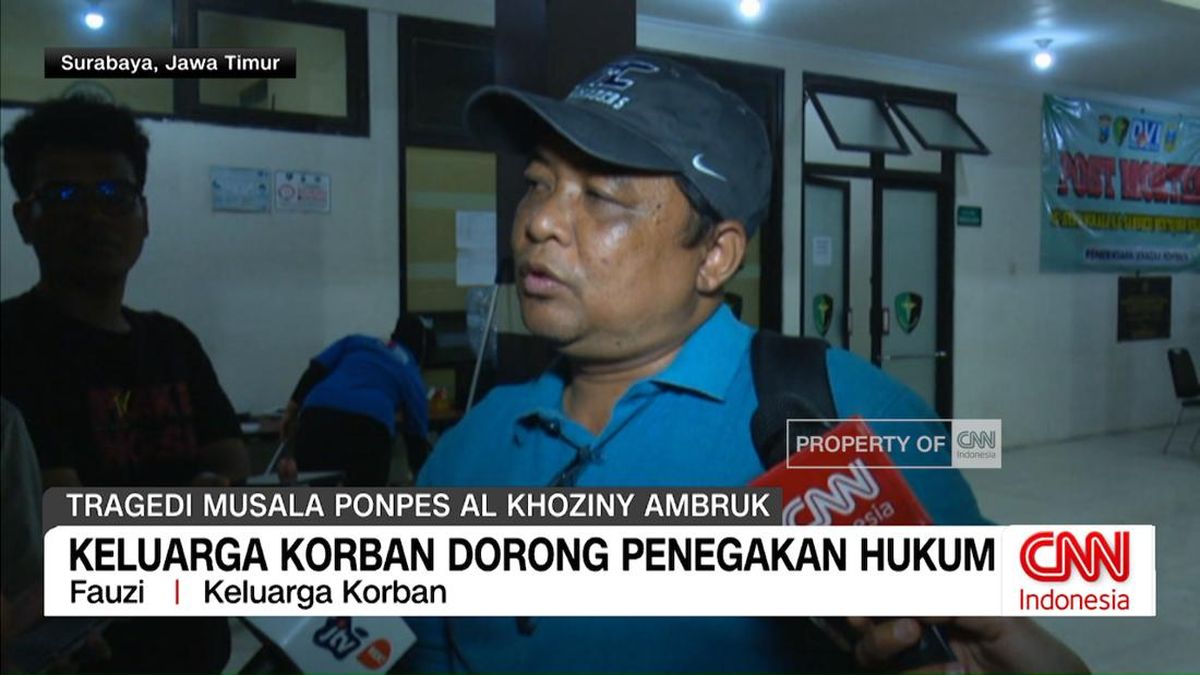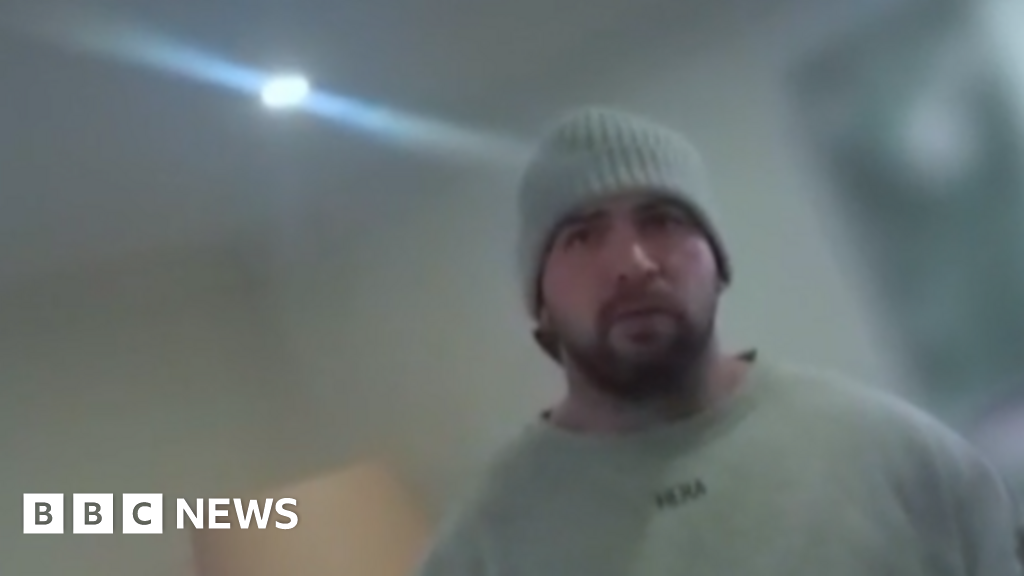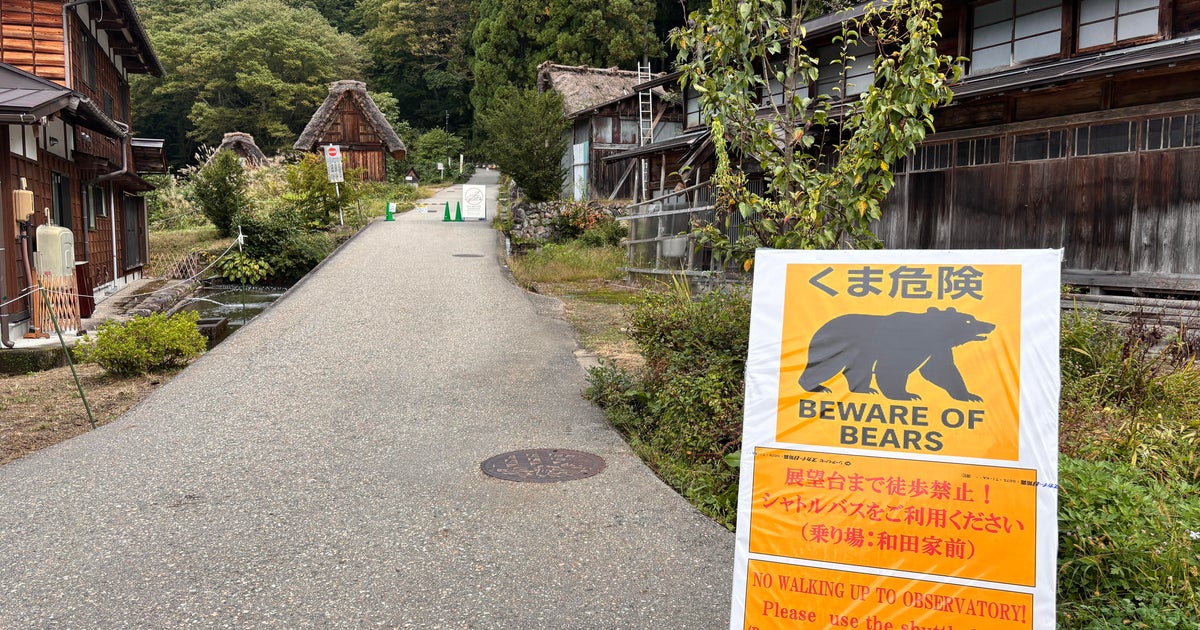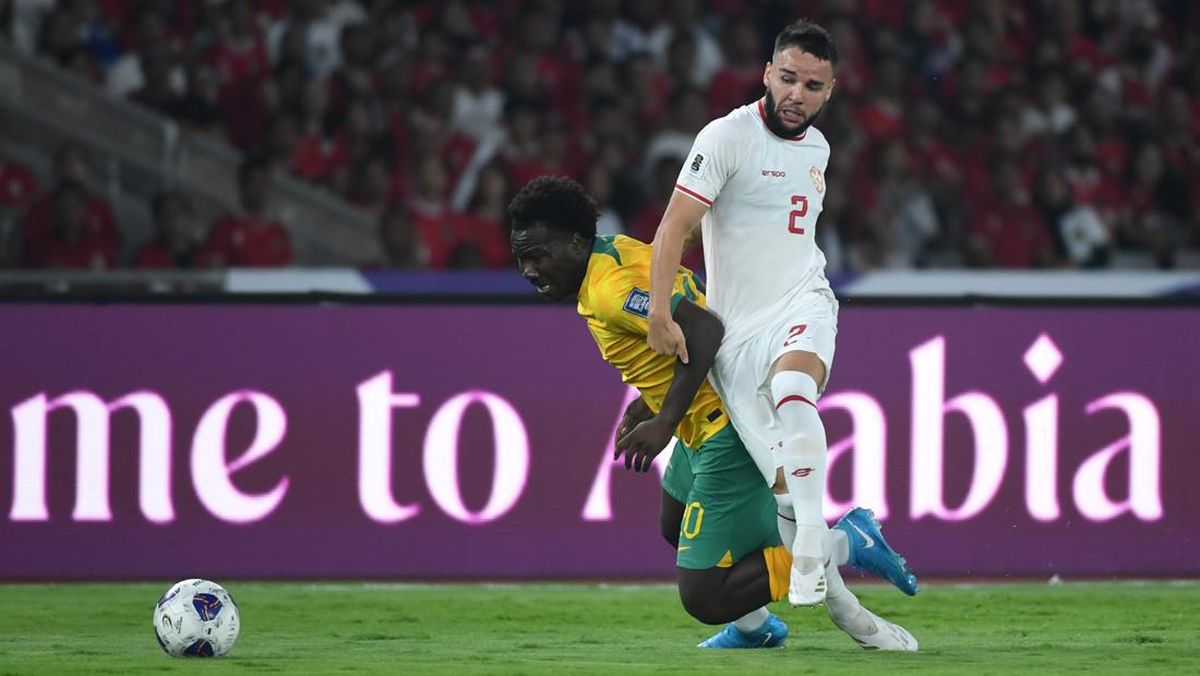By first light on May 28, the men of Cambodia’s Battalion 395 had stirred from their remote jungle beds. Some were taking their morning coffee near a mountaintop trench. Others were pulling on uniforms.
When Thai soldiers approached through dense foliage, from opposing positions in the Emerald Triangle’s contested mountains and passes, Cambodian Second Lieutenant Suon Roun was not yet in his trousers.
Like most things in this verdant Triangle, where Cambodia, Thailand and Laos loosely meet, what happened next – and why – remains in dispute.

Suon Roun’s mother, Em Heap, and brother Suon Eung in their home in Kampenh village in Cambodia. Credit: The Sydney Morning Herald and The Age
Still, some things are known. The two sides clashed. Their gunfire, heavy with history, then rippled from the mountaintops to the capital cities in the form of nationalistic fervour so white-hot that by Tuesday, a Thai court was ordering the suspension of Prime Minister Paetongtarn Shinawatra while it considered whether to sack her for good over a servile phone call with Cambodia’s de facto ruler Hun Sen.
Also known is this: Second Lieutenant Suon Roun is dead.
Photos of the 48-year-old’s punctured face and body, shown to this masthead by his family, suggest he died instantly on the mountain. Suon Roun’s elderly mother, Em Heap, has now outlived eight of her 12 children.
His younger brother, Suon Eung, relays the explanation for Suon Roun’s death that he received from the Cambodian military commander who was present for the fighting.
“The sky was foggy at the mountaintop,” Suon Eung says. “He [the commander] said, ‘We were sitting to make coffee and they opened fire’. Someone screamed, ‘Get inside the trench’.
“They exchanged fire with the Thais, and the fighting went on for about 20 minutes. Then the Thais raised a hand to signal negotiations, and the fighting stopped.

Cambodian military personnel travel to the region where fighting broke out with Thailand on May 28.Credit: The Sydney Morning Herald and The Age
“He said that Thai soldiers were shot too … an aircraft came to pick up their wounded soldiers.”
The commander who passed this information to Suon Eung declined to speak to this masthead.
Thailand denies firing the first shots, and that any of its men were injured.
In a statement issued on the day of the fighting, Thai military spokesman Major General Winthai Suvaree said Cambodian troops had entered a disputed area in violation of “existing agreements”. The Thai military later released aerial images that it said showed Cambodian encroachment. The Cambodians say they have occupied the trench in question for years.
On May 28, Winthai says, the Thais on the mountain went to talk to their opposing numbers, “following previously established procedures”. But “upon arrival at the location, the Cambodian security troops misunderstood the situation and initiated the use of weapons … the Thai side then returned fire in response.”

Thai Prime Minister Paetongtarn Shinawatra was suspended on Tuesday pending a Constitutional Court hearing.Credit: AP
Following the incident, both nations imposed border closures and restrictions. Cambodia even banned the screening of Thai movies and soap operas.
The matter has now taken on global significance because of Paetongtarn’s suspension. Not only is Thailand a major South-East Asian economy, it is wedged between Cambodia, commonly viewed as a client state of China, and war-torn Myanmar. In addition, the billionaire Shinawatra clan’s decades-long presence at the top of Thai politics and culture appears to be crumbling.
This political intrigue and geo-strategy is of little interest to Em Heap. She is 85 years old and living in a small wooden home, not dissimilar to a miniature, abandoned shearing shed, with five family members and no bathroom. Such an age is a rarity in Cambodia: if members of her generation weren’t wiped out by the genocidal Khmer Rouge regime, the slog of peasant life in remote Cambodia often finished the job.
The distressing history of her own family bears this out. In the 1990s, two of her sons and her husband were killed by the last vestiges of the Khmer Rouge, which was active around their village of Kampenh until 1997. Another son died when he stepped on a Khmer Rouge land mine about the same time.
One son died in a car accident in 2002, and a fifth, a paratrooper, died from disease in 2017. Two daughters also died from malaria during the Khmer Rouge reign.
“I feel very upset – I have lost so many children,” Em Heap tells this masthead. “I didn’t know what to do. I feel so sorry [that Suon Roun] was killed, not only him but my other children. He had no wife – he just served his country.”

Em Heap in her small wooden house in Kampenh village. Credit: The Sydney Morning Herald and The Age
Suon Roun joined the military in 1996, about the time his father was killed. He rarely came home. His mother and surviving siblings put that down to his dedication to the nation and his low-key personality.
“My brother liked being alone and didn’t like crowds,” Suon Eung says. “If you asked a question, you got a one-word answer.”
Photos from Suon Roun’s early service show him touring the ancient Preah Vihear Temple, about 100 kilometres from the Emerald Triangle. The World Heritage-listed temple precinct and its surrounds were the scene of a border dispute from 2008 to 2011. More than 30 Thais and Cambodians, including civilians, were killed.

Suon Roun at the Preah Vihear Temple complex circa 1996.Credit:
The International Court of Justice settled the temple issues in favour of Cambodia in rulings in 1962 and 2013, but close to 200 kilometres of borderlands remain contested.
In the current climate of ultra-patriotism, tensions are now rising over another temple called Ta Muen Thom. Winthai, the Thai military spokesman, had to calm his countrymen down on Wednesday when Google Maps appeared to place it in Cambodia. Cambodia is seeking ICJ adjudications on Ta Muen Thom and other locations, including the Emerald Triangle.
Amid the political sparring after Suon Roun’s death, two good things happened: he was posthumously promoted to the rank of captain, and Cambodian Prime Minister Hun Manet, son of former leader Hun Sen, sent a close adviser to Kampenh with a bag of money. The family is using it to build a larger home.

Workers building Em Heap’s new home.Credit:
Hun Sen was playing golf on the day Suon Roun died. The 72-year-old’s public Telegram channel contains close to 150 photos and videos of him putting and driving on May 28 alone.
Such shows of sporting prowess, health and stamina – and there is a lot of golf on his channels – are important for the man who has ruled Cambodia with suppression and smarts for 40 years.
While his son is now prime minister, Hun Sen has demonstrated through the recent border saga that he is still calling the shots. On June 15, Paetongtarn Shinawatra wanted to discuss the dispute; it was Hun Sen, an old family friend, whom she phoned.
Hun Sen recorded the private conversation, which quickly found its way to the media. Thais were outraged to hear their prime minister calling Hun Sen “uncle” and professing to “love and respect” him.
“... if there is anything you want, please tell me directly. Just lift up the phone and tell me,” Shinawatra said.
In a major faux pas in Thailand, she also criticised a senior military man, saying he was an opponent and wanted to “look cool”.

Hun Sen (left) passed on the prime ministership to son Hun Manet in August 2023.Credit: Reuters/File
Paetongtarn’s already fragile coalition almost collapsed. Then, 36 senators brought a petition to the Constitutional Court, accusing her of dishonesty and breach of ethical standards in relation to the phone call.
“My true intention in the leaked conversation, my true intention 100 per cent, was to work for the country to maintain our sovereignty and save the lives of all our soldiers,” she told reporters.
It’s unclear when the court will rule.
Why did Hun Sen leak the call, and was it worth ending decades of friendship and partnership with Shinawatra’s father, former prime minister Thaksin Shinawatra?

Billionaire and former Thai prime minister Thaksin Shinawatra.Credit: AP
Analysts say Hun Sen was upset about border closures. He also took umbrage at Bangkok’s reframing of a Cambodian troop repositioning as a “troop withdrawal”.
Matters of sovereignty are a hot-button issue for Cambodians and have been previously harnessed by opposition figures. Some of the more heated protests in recent times, including among the diaspora, have involved land agreements with foreign nations.
Loading
Lowy Institute South-East Asia program director Susannah Patton sees Hun Sen’s latest game of “three-dimensional chess” as a nationalistic play aimed at distracting the public from other issues and affirming him as the defender of Cambodia.
“I think there’s a feeling that Cambodia has a lot of troubles on its hands, potentially with declining private investment and tourism from China,” she says.
“With the risk of US tariffs, the economic outlook is quite bad. And then they’ve also got problems with Vietnam, but it’s much harder to really openly stick it to them.
“I assume that he’s made the judgment that Shinawatra may be limited in terms of how useful [she is] as a relationship, and that he’s better served politically by having a more kind of contentious relationship with Thailand.”
Approaching the Emerald Triangle, this masthead is stopped from travelling the extra couple of kilometres to the scene of the May 28 fighting. But the military men at the Cambodian checkpoint are friendly.
Loading
One of them points to the ridgeline a few hundred metres off the right-hand side of the road. “That is Laos,” he says. To the left side, he gestures towards “Cambodia and Thailand”.
But where, precisely, does Thailand begin? He smiles: “Nobody really knows”.
Get a note directly from our foreign correspondents on what’s making headlines around the world. Sign up for our weekly What in the World newsletter.

